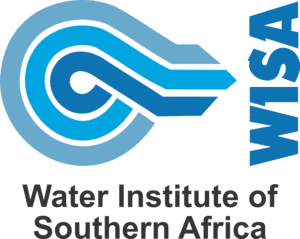 The Water Institute of South Africa (WISA) is calling on water professionals to blow the whistle on corrupt activities that are hindering the timely implementation of a responsible solution to the Western Cape water crisis.
The Water Institute of South Africa (WISA) is calling on water professionals to blow the whistle on corrupt activities that are hindering the timely implementation of a responsible solution to the Western Cape water crisis.
According to the institute some of the challenges water professionals face stem from unethical practices in both the private and public sector and while WISA is not a regulatory body it has been implored by its members to raise its representative voice on their behalf.
“There are several independent whistleblowing lines in South Africa that are equipped to deal with sensitive information and protect the identity of those that decide to not stand for corruption any longer,” the institute said in a statement.
WISA commended the City of Cape Town for its efforts in facilitating the exploration of solutions and the significant reduction of water use since the implementation of its crisis management strategy; however it also called on the city for acts of boldness in their decision to move plans into action.
Staying within the law
“Now is not the time for analysis paralyses. While procurement policies have their place in business as usual, and we strongly support adherence to those policies in normal circumstances, the circumstances that threaten lives and livelihoods of Capetonians are anything but normal,” the instituted added.
“We request from National Government their strongest support for what the City of Cape Town needs to make the bold decisions they have to, and to be ready to act as soon as it’s needed,” it continued.
The institute also warned anyone considering the creation of their own solutions to stay within the boundaries of the law and the City’s regulations as those have ultimately been created to protect shared resources for all.
“Contravening these regulations will be seen as an ultimate act of selfishness once the crisis has been averted. In the end, if we do not all take a hard look into what we’ve condoned so far in terms of our water use and systems, we will soon run out of time to look,” the institute concluded.
 The Water Institute of South Africa (WISA) is calling on water professionals to blow the whistle on corrupt activities that are hindering the timely implementation of a responsible solution to the Western Cape water crisis.
The Water Institute of South Africa (WISA) is calling on water professionals to blow the whistle on corrupt activities that are hindering the timely implementation of a responsible solution to the Western Cape water crisis. The Water Institute of South Africa (WISA) is calling on water professionals to blow the whistle on corrupt activities that are hindering the timely implementation of a responsible solution to the Western Cape water crisis.
The Water Institute of South Africa (WISA) is calling on water professionals to blow the whistle on corrupt activities that are hindering the timely implementation of a responsible solution to the Western Cape water crisis.